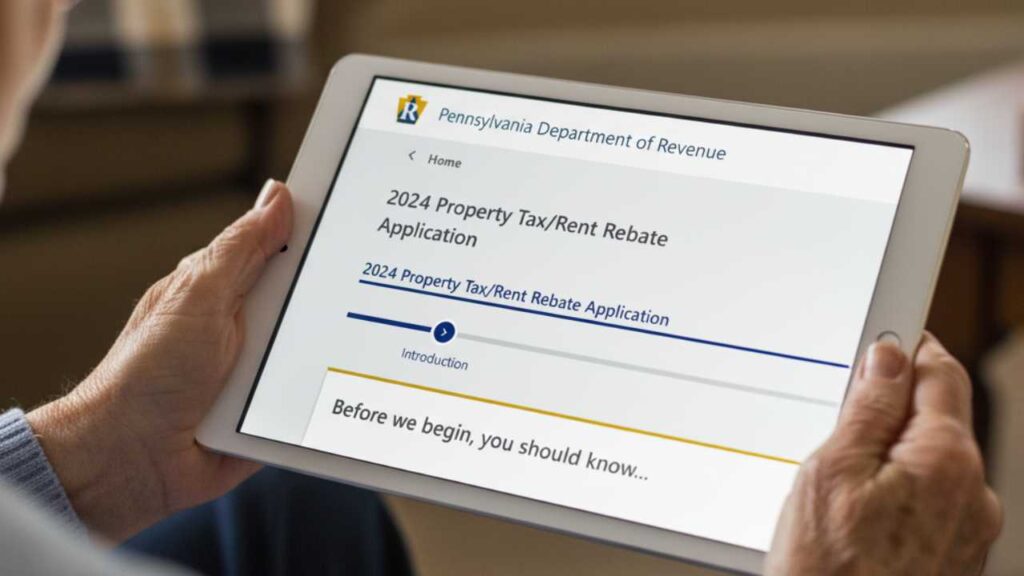A local initiative in the state of Pennsylvania is assisting certain residents to face the high housing costs, one of the highest in the United States. The Property Tax/Rent Rebate Program, also known as PTRR, offers a tax refund to qualifying individuals to help with living costs.
The tax refund program has transferred funds to Pennsylvanians since its introduction in 1971. Payments for fiscal year 2024 began in July 2025, with ongoing disbursements during the months of October, November, and December.
The source of the money: How are the PTRR tax refunds funded
The program is intended to help residents that are: seniors, widows, and people with disabilities who find housing payments burdensome. Refund funds can be used for a variety of expenses, such as food or medications.
Funding for the program comes from the state’s revenue sources such as the Pennsylvania Lottery and gaming operations. A recent expansion of the program, authorized under Act 7, has increased the number of potential beneficiaries by 2025.
Pennsylvania PTRR tax refunds: Who’s eligible
Eligibility for the PTRR is based on three main criteria: age or condition, income level, and living situation. Applicants must be 65 years of age or older by the end of 2023. Widows and widowers over 50 also meet the requirement. Individuals 18 years of age or older who have a recognized disability and receive government benefits for that condition may qualify.
The applicant’s total annual income must not exceed $45,520. All sources of income are considered when calculating this income, including wages, pensions, and interest. Social Security benefits are counted at only 50 percent for this calculation. This means that if an individual receives $20,000 in Social Security, only $10,000 is included in their total income for the application.
Applicants must have resided in Pennsylvania for the entire year 2023 and have paid property taxes or rent on their primary residence during that period. The program is available to both homeowners and renters who meet these requirements. A tool on the Department of Revenue website allows for preliminary eligibility verification.
How these refunds are calculated
Rebate amounts vary depending on homeowner or renter status and income level. Homeowners can receive between $380 and $1,000. Qualifying renters can receive rebates ranging from $300 to $650. These amounts are based on tax or rent payments made during 2023.
There is a supplemental reimbursement for applicants with particularly low incomes, defined as less than $31,010 annually. This supplement can add up to an additional $180 to the principal amount. The average reimbursement amount is around $600. The distribution of these funds does not affect eligibility for other state assistance programs.
You can still apply for this tax benefit
The application period for the 2023 reimbursement has been extended to December 31, 2025. Mail-in applications must be postmarked by that date. Initial payments were issued beginning in July 2025, with ongoing disbursement rounds scheduled for the final quarter of the year.
Applicants can check the status of their refund through the official website. This tool requires the applicant’s Social Security number, the year of application, and their date of birth. Funds are delivered via postal check or direct deposit into a designated bank account.
Application process and documentation
Applicants must have their 2023 federal tax return, Form PA-1000, on hand. Proof of all income received during that year is also required. Tenants must submit a rental certificate, duly completed and signed by their landlord.
They can apply online through the myPATH system, by mail, or in person at some district offices. Electronic filing is considered the fastest and most efficient method. First-time filers can seek assistance at community centers or through the Department of Revenue’s helpline.
